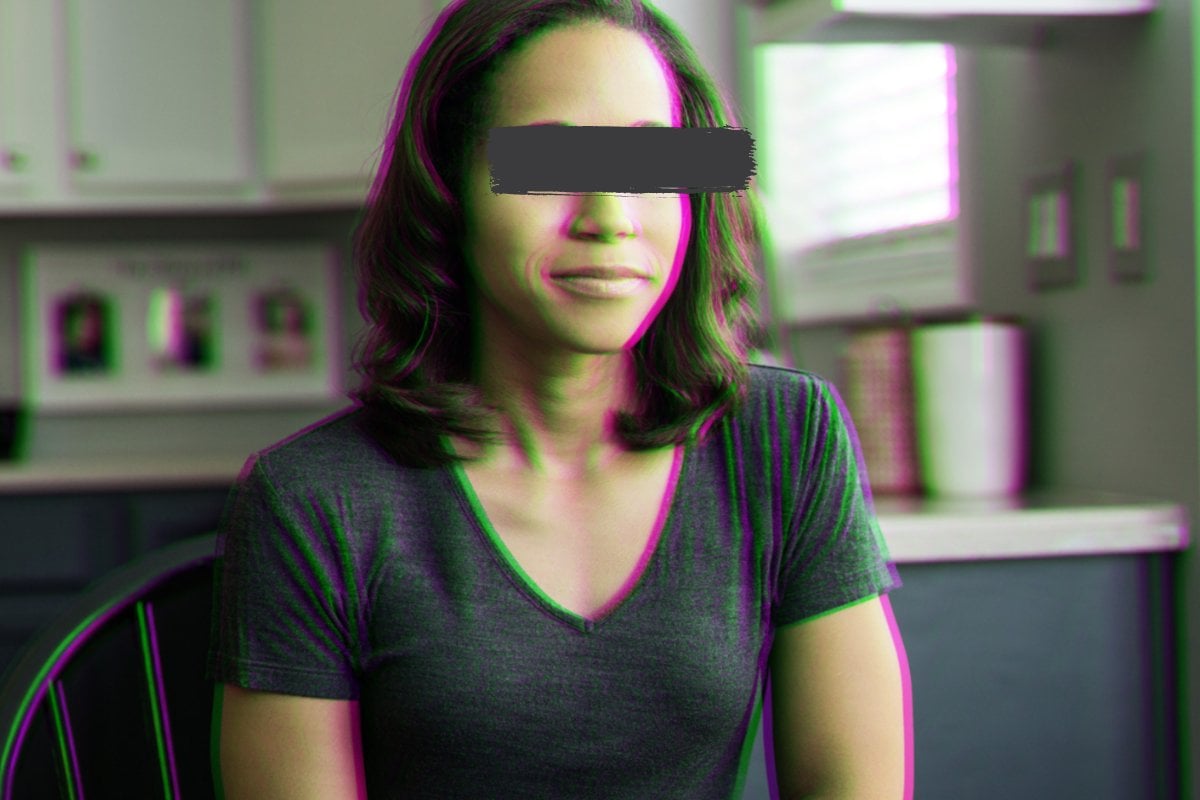
This post deals with domestic violence and might be triggering for some readers.
As Melbourne comes out of its fourth lockdown, we have seen an increase in calls to helplines and those needing emergency assistance to escape violent partners.
Escaping domestic violence was even an exception for the reasons you could leave home during the harshest COVID-19 restrictions.
This year I turned 31, which means I grew up as domestic violence was becoming something that was spoken about just above a whisper.
“It’s never ok to hit a woman,” my parents used to say.
Watch: Women And Violence: The Hidden Numbers. Post continues below.
As I became a teenager, there were ads on TV: “Violence against women, Australia says no”.
But ‘it’s never ok to hit a woman’ doesn’t even scratch the surface of the complexity of domestic violence.
While the definition of domestic violence and abuse broadens, one key part remains unspoken. Shame. And it’s this unspoken shame that kept me denying that I was in a domestic violence situation long after the relationship was over.




























































































